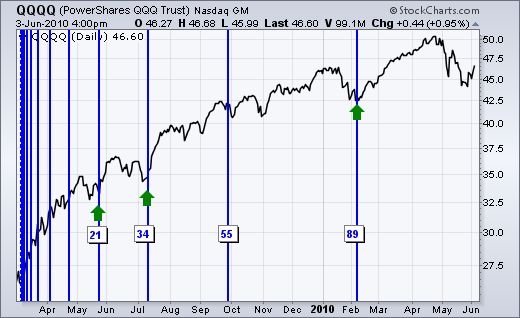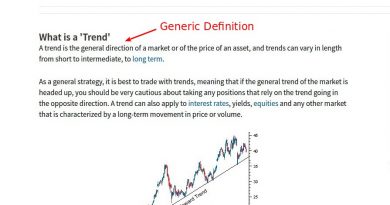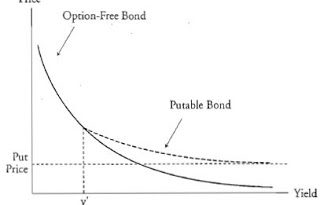What Are Fibonacci Time Zones How the Indicator Works in Trading

Fibonacci time zones are a technical indicator that uses vertical lines on a price chart to predict potential swing highs, lows, or reversals. These lines are based on Fibonacci numbers and indicate areas of time that could be significant.
Key takeaways:
– Fibonacci time zones represent potential areas of importance based on time, not price.
– The indicator is based on the Fibonacci number sequence, which gives us the Golden Ratio.
How Fibonacci Time Zones Work:
– Fibonacci time zones are determined by adding Fibonacci numbers to a selected start date.
– Traders may choose to avoid the first five numbers and start drawing lines 13 or 21 periods after the starting point.
– Some charting platforms allow customization of the starting point and time representation.
What Fibonacci Time Zones Tell You:
– Fibonacci time zones suggest that after a high or low, another significant swing could occur a specific number of periods later.
– Price may or may not adhere to the time zones, and a different starting point may yield better results.
– Fibonacci time zones can confirm trades or analysis, but further analysis is required to determine the magnitude of price moves.
Fibonacci Time Zones vs. Fibonacci Retracements:
– Fibonacci time zones predict future time periods, while Fibonacci retracements indicate areas where price could pull back.
– Retracements are based on Fibonacci numbers and provide support or resistance levels.
Limitations of Using Fibonacci Time Zones:
– The starting point selected for Fibonacci time zones is subjective and varies among traders.
– The indicator does not provide information on the magnitude of price moves or pinpoint exact turning points.
– It is recommended to combine Fibonacci time zones with trend and price action analysis, as well as other technical and fundamental indicators.



